 The Nackey S. Loeb School of Communications is offering an array of courses this May, with topics including First Amendment and right to know freedoms, personal writing, Canva basics, misinformation and AI, and a PR bootcamp, designed to boost skills for a broad audience
The Nackey S. Loeb School of Communications is offering an array of courses this May, with topics including First Amendment and right to know freedoms, personal writing, Canva basics, misinformation and AI, and a PR bootcamp, designed to boost skills for a broad audience
Pre-registration is required. Class size is limited.
Free Wednesday Classes
This Spring, the Loeb School presents a series of free, in-person classes on Wednesday evenings at no cost.
The Power of Personal Writing
Four Wednesdays, May 7, 14, 21, 28 | 5:30-7 p.m.| Free
Writing for yourself is a way to preserve memories and history, work through decisions, honor your life, hang onto sanity, and build a personal archive to use in your poetry, fiction, and memoir. In this series, new and veteran writers alike will explore ways to expand, keeping variations on the journal and creating a fulfilling practice of personal writing. Instructor Kimberly Marlowe Hartnett is a Manchester-based teacher, a longtime journalist, and the author of a book on the civil rights movement.
Canva Basics
Four Wednesdays, May 7, 14, 21, 28 | 5:30-7 p.m. | Free
Unlock the potential of your Canva creativity in this immersive class, regardless of your skill level. Learn graphic design tips, tricks, and hacks, including creating a Brand Kit, utilizing Canva AI, understanding templates, grasping graphic design principles, and leveraging Canva to support your brand. Instructor Victoria Carrington Chavez is a brand strategist and graphic designer from Concord, NH, known for her innovative approaches to digital marketing and community building.
Single Session Classes
First Amendment Law: Defamation and Privacy
Wednesday, May 14 |5:30-7 p.m. | Free
This class will explore the laws, federal and state, governing libel, slander and wrongful invasion of privacy. Students will learn about the right to enjoy a good reputation, the elements of a valid defamation claim, the four defenses to such a claim and the four types of wrongful invasion of privacy. Attorney Gregory V. Sullivan, President of the New England First Amendment Coalition, will guide students through this vital area of law, drawing on his extensive experience in media law and right-to-know cases.
The Right to Know in New Hampshire
Wednesday, May 21 | 5:30-7 p.m. | Free
In this class, students will learn about the constitutional and statutory rights of the citizenry to know what their government is up to. The class will examine New Hampshire’s Right to Know statute, RSA 91-A, including what records are required to be disclosed and the exemptions. In recent years, cases decided by the NH Supreme Court have strengthened and expanded the ability of citizens to obtain records of governmental misconduct. The significance of those decisions and the ongoing legal battles to further transparency will be explored. This class is led by Katy Sullivan, an attorney at Malloy & Sullivan, LPC who has been representing employers and employees and briefing and arguing First Amendment Cases before the New Hampshire Supreme Court for more than 20 years.
PRO SERIES
For those looking to deepen their professional skills, the Loeb School offers the following PRO SERIES workshops, providing in-depth training at an affordable price.
In Person, $59
PR Bootcamp, sponsored by the Yankee Chapter of PRSA
Four Wednesdays, May 7, 14, 21, 28 | 5:30-7 p.m. | $59
This seminar is intended for communications professionals at any level. It provides an overview of various aspects of public relations, best practices in internal and external communication, crisis communication, and media relationship-building, as well as strategic thinking to drive behavior change. Participants will learn from both the instructor and fellow attendees in this interactive series. The series is taught by Robin Schell, APR, Fellow PRSA is senior counsel and partner at Jackson Jackson & Wagner, a behavioral public relations and management consulting firm based in the Seacoast.
ONLINE SERIES
This online series allow participations from New Hampshire and across the U.S.
Misinformation, Artificial Intelligence, and the Media, sponsored by AARP NH
Four Thursdays: May 8, 15, 22, 29 | 5:30 – 7 p.m. | FREE
This online course covers the state of misinformation, the rise of artificial intelligence, and the role both play in shaping the media landscape. Students will learn the multifaceted ways in which AI technologies are impacting the dissemination, consumption, and detection of misinformation within various media platforms. Using examples taken from today’s news and social media platforms, and through hands-on AI creation, students will learn strategies to enhance media literacy, gain a baseline understanding of generative AI, and explore potential ethical implications tied to the implementation of AI-powered solutions. Your instructor is David Humphreys, Director of AI Integration at Southern New Hampshire University.
For more information and to register for Spring classes, visit loebschool.org/register. Pre-registration is required for all classes and space is limited.
The Nackey S. Loeb School of Communications and its in-person classes are located inside the NH Institute of Politics at Saint Anselm College.
The Nackey S. Loeb School of Communications, Inc. promotes and defends the First Amendment and fosters interest, integrity and excellence in journalism and other forms of communication by educating students of various backgrounds and providing them with the tools and knowledge to improve their skill. Learn more about the School at loebschool.org.
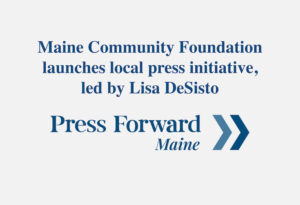 The Maine Community Foundation (MaineCF) announced Wednesday the launch of a new initiative to strengthen Maine communities by ensuring strong, local news coverage in all parts of the state. MaineCF applied and has been selected by the nonpartisan philanthropic initiative Press Forward to become one of 36 independent chapters nationwide.
The Maine Community Foundation (MaineCF) announced Wednesday the launch of a new initiative to strengthen Maine communities by ensuring strong, local news coverage in all parts of the state. MaineCF applied and has been selected by the nonpartisan philanthropic initiative Press Forward to become one of 36 independent chapters nationwide.
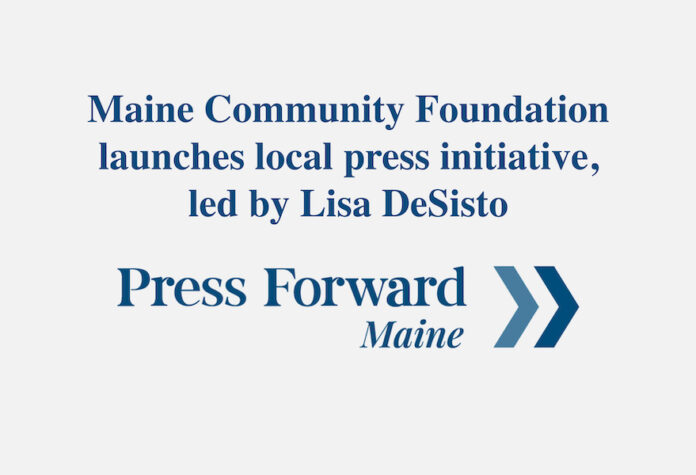
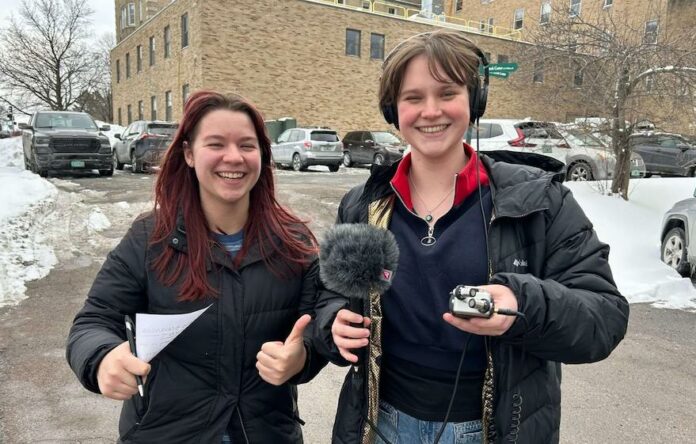
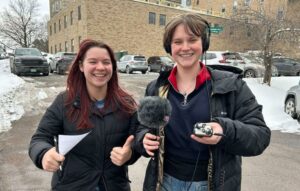 The Center for Community News at UVM annual benchmark study reveals significant growth in university-led reporting programs in 2025. Among the more than 200 news-academic programs across the country, 48 new ones have been initiated since the data was last collected in 2024.
The Center for Community News at UVM annual benchmark study reveals significant growth in university-led reporting programs in 2025. Among the more than 200 news-academic programs across the country, 48 new ones have been initiated since the data was last collected in 2024.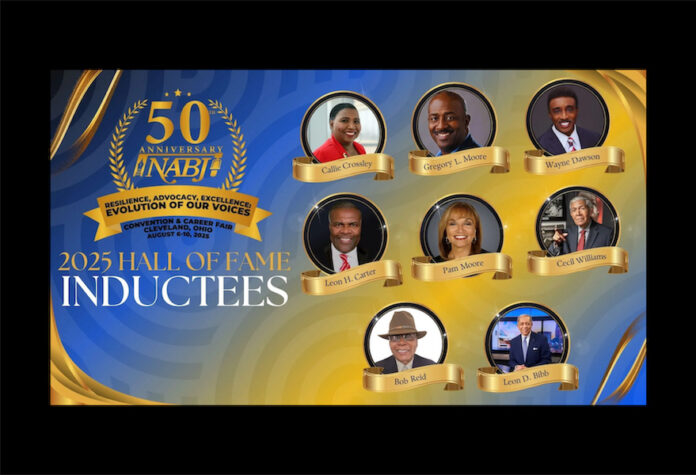
 The National Association of Black Journalists (NABJ) has announced the 2025 Hall of Fame inductees and special honors recipients, recognizing influential figures who have made significant contributions to journalism. Among the honorees are two Boston-area journalism leaders: Callie Crossley and Gregory L. Moore.
The National Association of Black Journalists (NABJ) has announced the 2025 Hall of Fame inductees and special honors recipients, recognizing influential figures who have made significant contributions to journalism. Among the honorees are two Boston-area journalism leaders: Callie Crossley and Gregory L. Moore.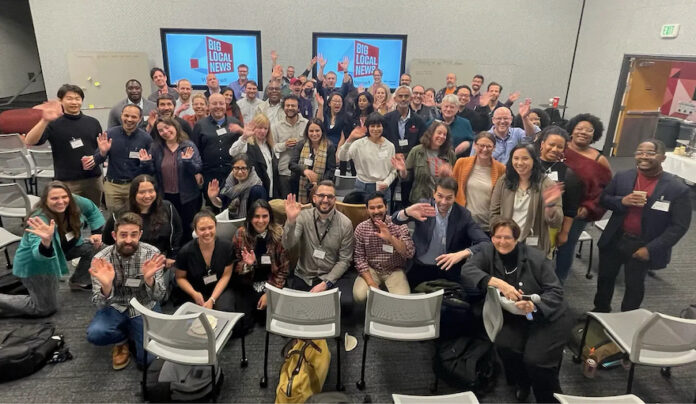
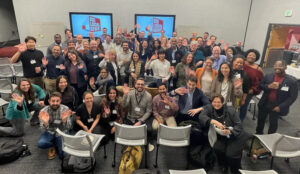
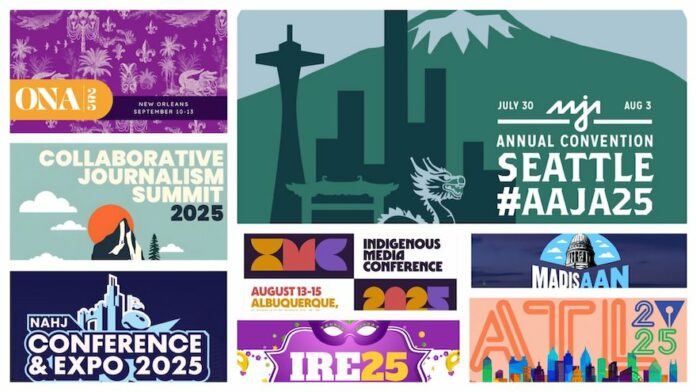
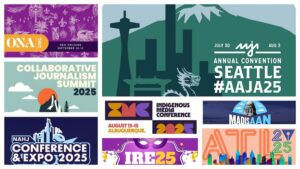 As the summer and fall months approach, it’s an ideal time for journalists to consider opportunities for professional development, networking, and industry insights. Conferences provide a valuable chance to connect with peers, exchange ideas, and sharpen your skills in an ever-evolving media landscape.
As the summer and fall months approach, it’s an ideal time for journalists to consider opportunities for professional development, networking, and industry insights. Conferences provide a valuable chance to connect with peers, exchange ideas, and sharpen your skills in an ever-evolving media landscape.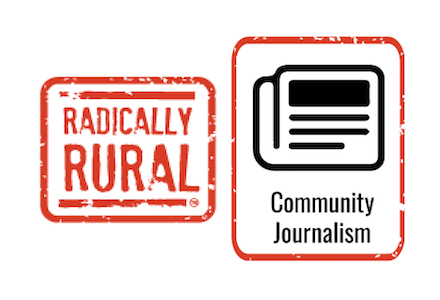
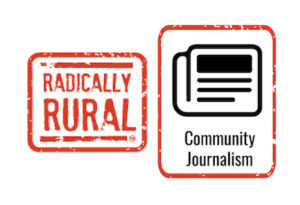 Radically Rural
Radically Rural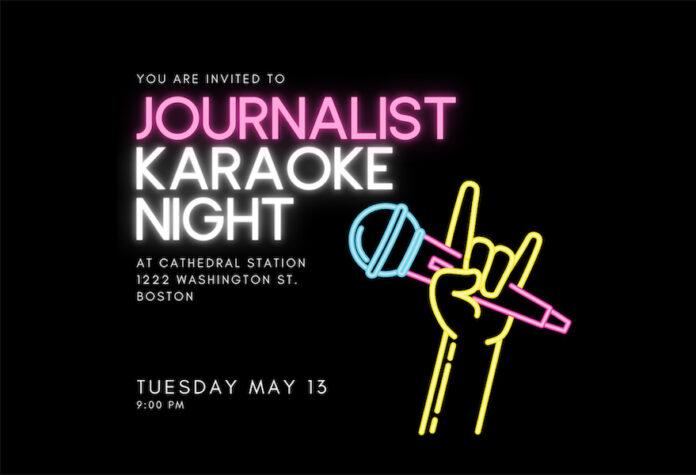
 The spring 2025 journalist meetup series is in full swing, and next up is one of the most anticipated events of the season — Karaoke Night at Cathedral Station on Tuesday, May 13!
The spring 2025 journalist meetup series is in full swing, and next up is one of the most anticipated events of the season — Karaoke Night at Cathedral Station on Tuesday, May 13!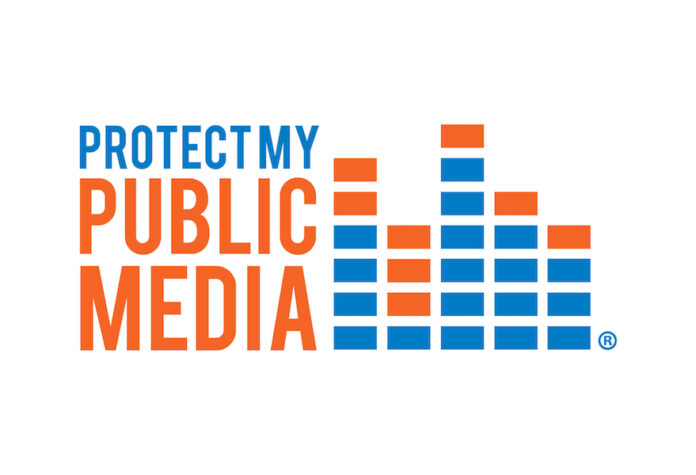
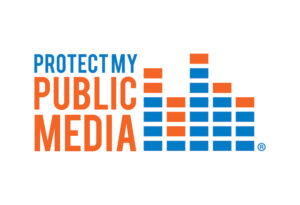 Healthy communities stand on a foundation of trust. Trust springs from knowing your neighbors and their concerns, knowing that officials and institutions are honest and reliable, and knowing there are forums where your voice can be heard. Trustworthy information is vital in emergencies. Trustworthy journalism is essential when change comes so fast it’s hard to keep up.
Healthy communities stand on a foundation of trust. Trust springs from knowing your neighbors and their concerns, knowing that officials and institutions are honest and reliable, and knowing there are forums where your voice can be heard. Trustworthy information is vital in emergencies. Trustworthy journalism is essential when change comes so fast it’s hard to keep up.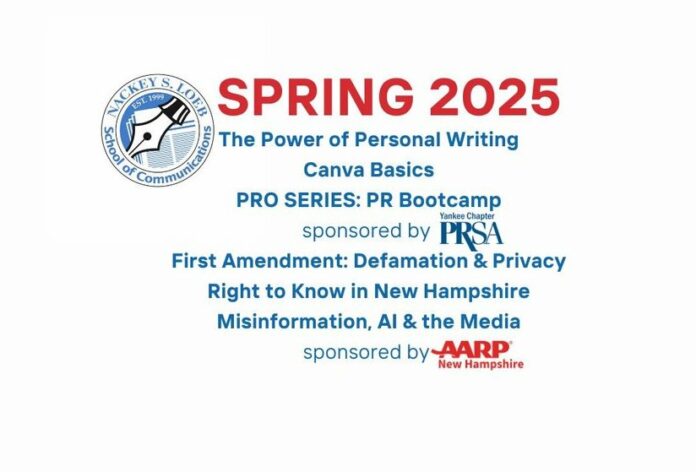
 The Nackey S. Loeb School of Communications is offering an array of courses this May, with topics including First Amendment and right to know freedoms, personal writing, Canva basics, misinformation and AI, and a PR bootcamp, designed to boost skills for a broad audience
The Nackey S. Loeb School of Communications is offering an array of courses this May, with topics including First Amendment and right to know freedoms, personal writing, Canva basics, misinformation and AI, and a PR bootcamp, designed to boost skills for a broad audience
World Press Freedom Day 2025: Journalism at a Crossroads
The theme for this year’s World Press Freedom Day is “Reporting in the Brave New World: The Impact of Artificial Intelligence on Press Freedom and the Media.” This focus highlights the transformative effects of AI on journalism, encompassing both opportunities and challenges. While AI can enhance news gathering and dissemination, it also raises concerns about misinformation, deepfakes, and the erosion of journalistic integrity. The theme underscores the need for ethical guidelines and human oversight to ensure that AI serves as a tool to support, rather than undermine, press freedom.
Press freedom is a cornerstone of democratic societies, enabling the public to make informed decisions and hold those in power accountable. It ensures transparency, fosters dialogue, and supports the protection of all other human rights. However, journalists worldwide continue to face threats, censorship, and violence. According to UNESCO, promoting the safety of journalists and combating impunity for those who attack them are central actions within its support for press freedom.
As we observe World Press Freedom Day 2025, it’s imperative to recognize the vital role of a free press in society and to advocate for the protection of journalists and the integrity of information. In an era increasingly influenced by artificial intelligence, safeguarding press freedom requires vigilance, ethical standards, and a commitment to truth.
Looking ahead, UNESCO will host the World Press Freedom Day 2025 Signature Event on May 7 at Bozar, the Centre for Fine Arts in Brussels. This gathering will convene journalists, policymakers, and media professionals to explore the profound impact of artificial intelligence on journalism and media. The event will feature plenary sessions on information as a public good in the AI era and will include the UNESCO/Guillermo Cano World Press Freedom Prize Ceremony.
For more details and to follow the event, visit the official UNESCO page: https://www.unesco.org/en/articles/world-press-freedom-day-2025-signature-event-reporting-brave-new-world-impact-artificial?hub=66704